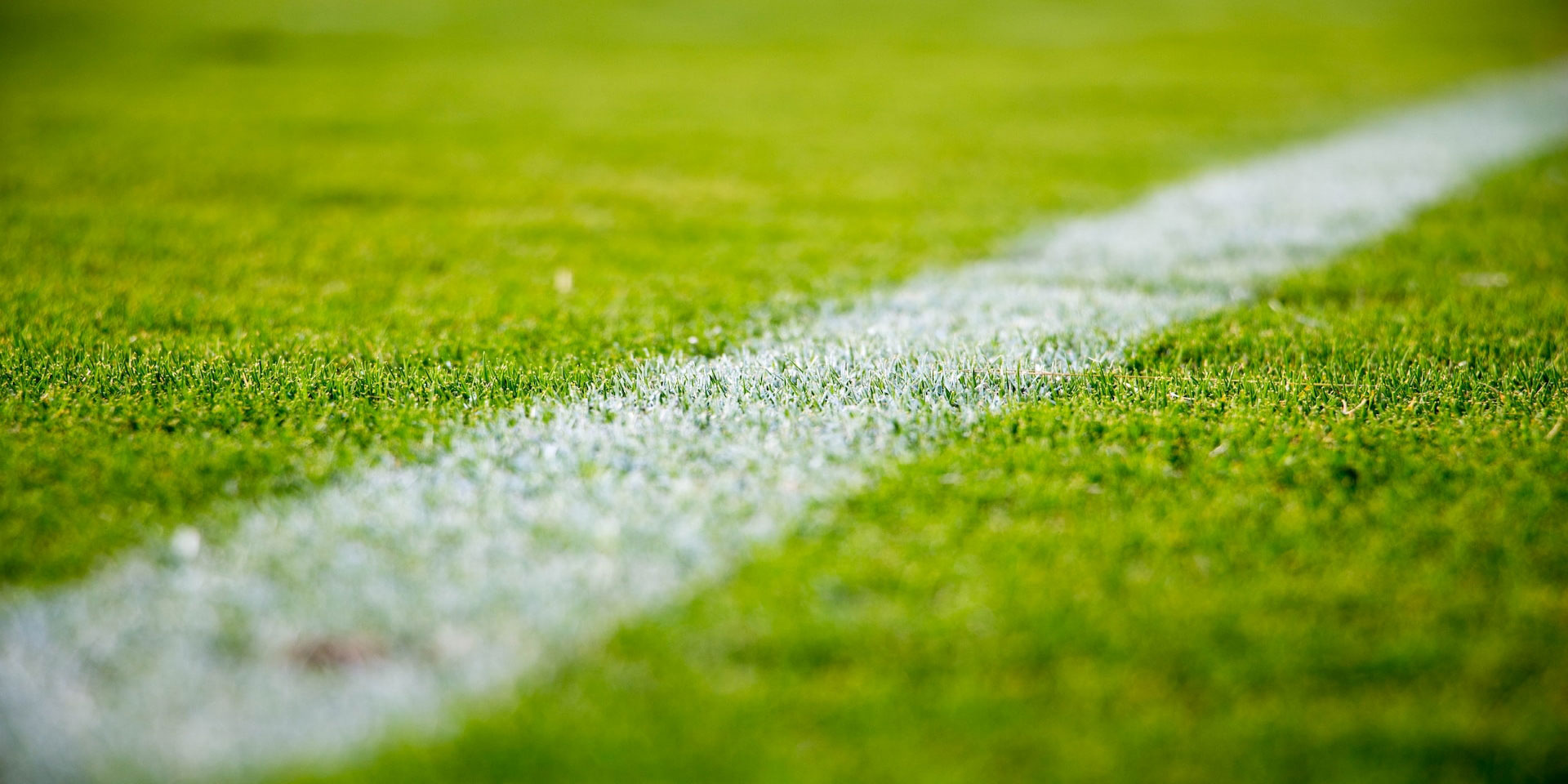UEFA Women’s EURO 2025: Switzerland endorses human rights declaration
In early March 2025, Switzerland signed a human rights declaration for the UEFA Women’s EURO 2025, which will be hosted in Switzerland. Alongside UEFA, Women's Euro 2025 SA, the Swiss Football Association and all host cities, Switzerland pledges its commitment to diversity, equal opportunities and inclusion in sport. This sends a signal for both the sporting world and society at large. The goal is to use the occasion of the 2025 European Championship to fulfil, strengthen and promote our values and standards regarding sustainability, ethics and equal opportunities.



